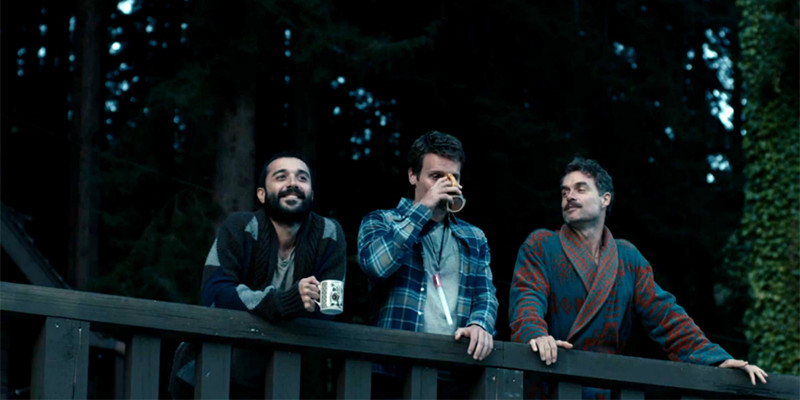Images of Muhammad
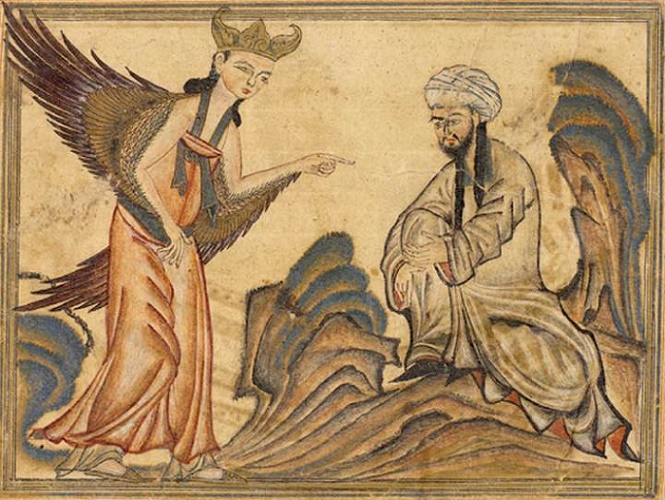
Hussein Rashid “What does Islam say about images?” It is a question that seeks to understand religion through unitary and static prescriptions. At its core, the question is about what is “Islamic.” Such a question is problematic because a community of believers decides what the religion means. Because human beings are involved, there will be differences. While there are boundaries for who a Muslim is, such as belief in monotheism, the prophethood of Muhammad, and observance of certain ritual and legal obligations.
The Ghosts of Malcolm X
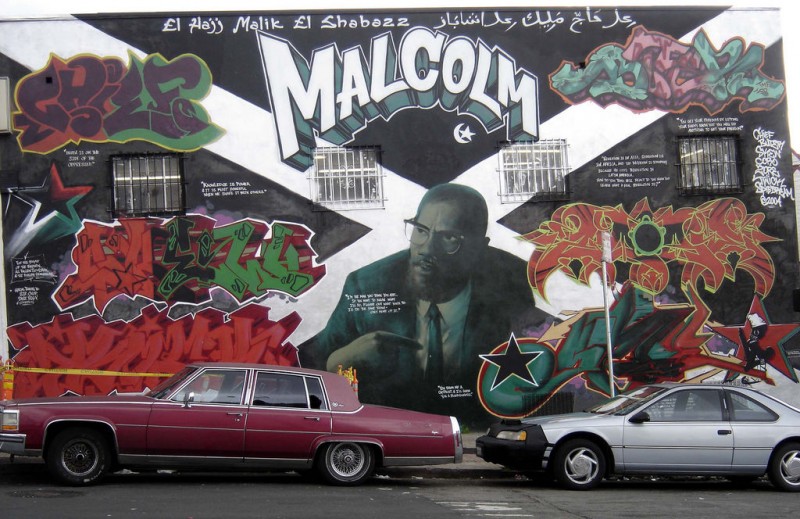
S. Brent Plate
A strange set of coincidences brought Malcolm X into my life in the past month, some invisible force of history that compelled a fusion of events. It was only a month ago that I realized February 21 was the 50th anniversary of his assassination, but energies were in play long before then that brought me to encounter Malcolm’s powerful ghosts. They arrived in buildings, books, bodies, and films.
Why Susan Sontag Matters
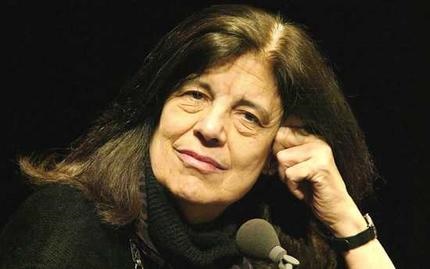
By Louis A. Ruprecht Jr. For anyone who is interested in religion and the arts, Susan Sontag’s (1933-2004) work remains essential. She burst upon the New York arts scene in 1966 with the publication of her collection of essays, Against Interpretation. The book was a tour de force examination of everything from second rate horror films to Critical Theory. Her primary interests were the performative arts, photography and film.
Field Notes on Drinking at a Buddhist Bar
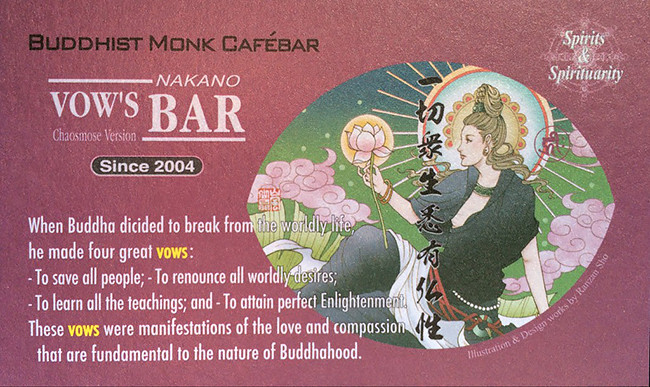
Jolyon Baraka Thomas
We are pretty familiar with how Tokyo’s neighborhoods reward the adventurous, so when Three and I met up for drinks in Nakano on an autumn evening in 2012, we struck out for one of the small side streets near the station instead of walking down the larger shopping arcade directly across from the station exit.
An Excerpt from “Atheism: What Everyone Needs to Know”
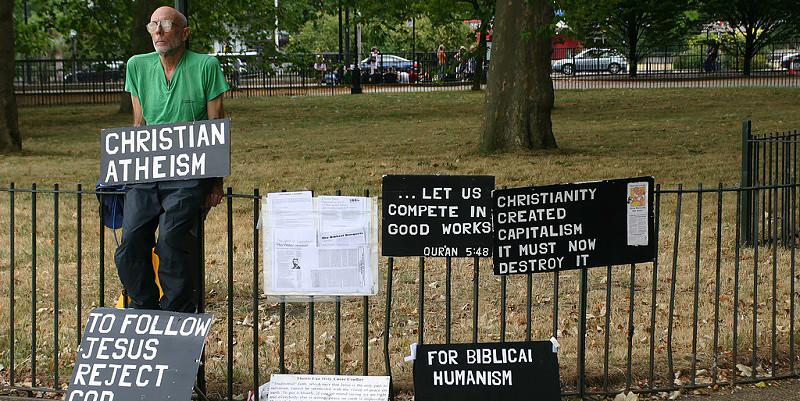
By Michael Ruse Christianity set the scene for the next two thousand years. It inherited the God of the Old Testament. By now, one is firmly in the world where one has moved from the one-among-many tribal god Yahweh to a single all-powerful creative deity: “Sovereign Lord, who made the heaven and the earth, the sea, and everything in them” (Acts 4: 24).
The Altar of Taylor Swift

By Kelly J. Baker
The patron saint of awkward, idealistic (white) girls lives in my home, a part of our soundscape. The kids and I dance to her music. I place the toddler on my hip and grab the six-year-old’s hand. We shake off our concerns and frustrations together. We laugh at our silly dance moves. We sing along. This is a moment, in which we let everything go and enjoy ourselves.
Satire, Sacredness, and Questioning the Lasting Political Significance of the “Charlie Hebdo” Shootings
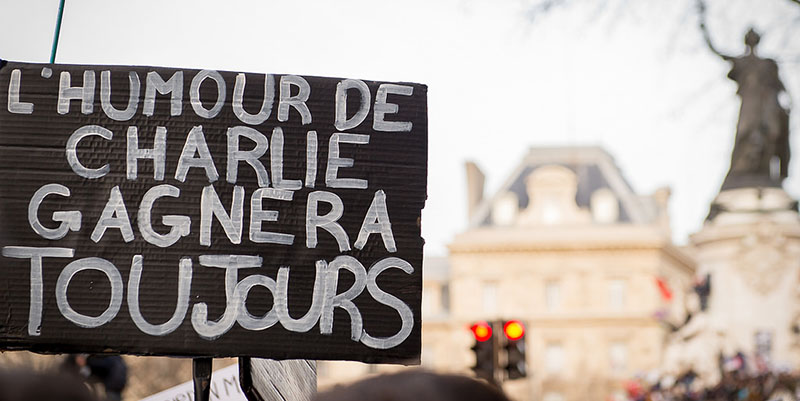
David Feltmate I keep asking myself this question as I read ever more commentary from media pundits and bloggers who are all condemning the killing of 12 people in Paris, France on January 7, 2015: You study religion and satire, can you make sense of this Charlie Hedbo…what do we call it now?
Modern Greece and the Politics of the Sacred

Louis A. Ruprecht Jr. Edmund Burke (1729-1797) referred famously to “the consecrated state.” G.W.F Hegel (1770-1831) spoke of the modern democratic state almost as if it were a “temple” dedicated to human freedom. Both men came to their startlingly spiritual views of modern politics and the modern state by reflecting critically on the French Revolution and its aftermath.
Superhero Afterlife (Abridged)

A. David Lewis is a national lecturer in Comics Studies and an award-winning graphic novelist. He holds a PhD in Religion and Literature from Boston University and is a founding member of Sacred and Sequential. His book, American Comics, Literary Theory, and Religion: The Superhero Afterlife, is now available from Palgrave Macmillan.
“Looking” for Spirituality and Truth
